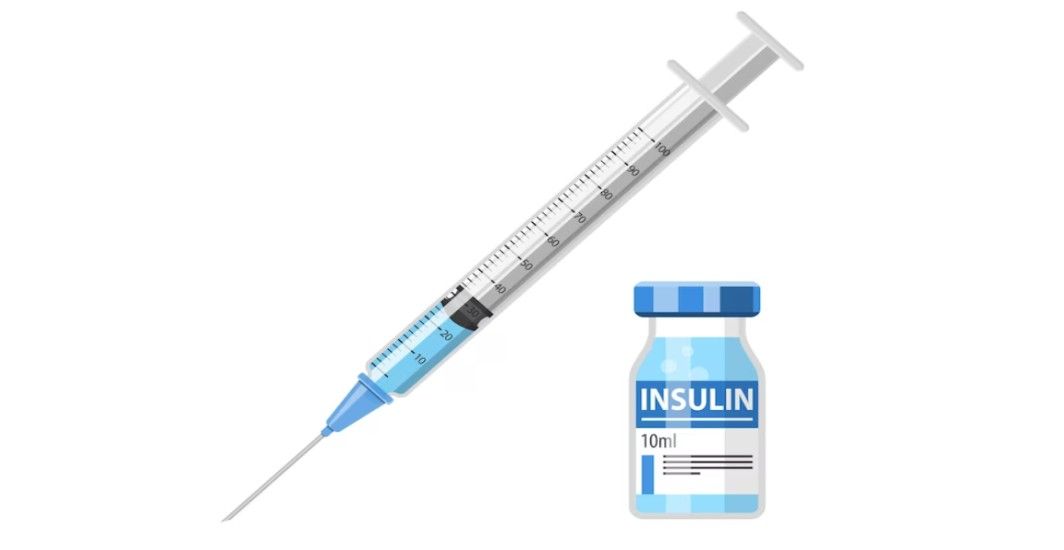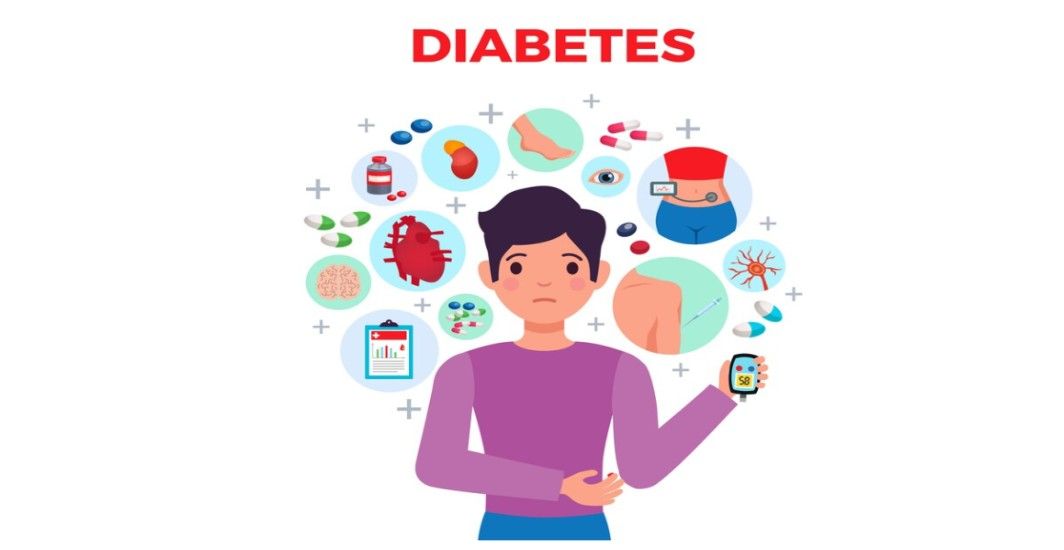Diabetes Management
Family Gathering Tips for Individuals with Diabetes
2 min read
By Apollo 24|7, Published on - 13 September 2024
Share this article
0
0 like
.jpg?tr=q-80)
Family gatherings often revolve around food, making them challenging for individuals managing diabetes. However, it doesn't mean you can't have a good time. By making smart food choices, you can enjoy these occasions without worrying about your blood glucose levels.
Balancing Diabetes and Family Celebrations
Family celebrations are meant to be enjoyed without stressing over your health. Follow these diabetic-friendly tips and leave your worries at bay:
- Maintain Routine: Try to eat at your regular times to keep your blood sugar stable. Carry a light snack if the mealtime is set late.
- Plan Your Meal: If you are invited to a gathering, consider bringing a dish that aligns with your dietary needs or inform the host about your requirements. This ensures there’s at least one option that suits your needs.
- Carbohydrate Counting: Be aware of the carbs in your meal. If you are indulging in something sweet, balance it by reducing carbs from the meal alongside maintaining protein & fiber intake.
- Portion Control: Fill your plate with non-starchy veggies and take smaller portions of high-calorie foods. Eating slowly helps you realise when you're full.
- Hydration is Key: Ensure you drink enough water throughout the event to stay hydrated.
Choose the Right Foods
Be mindful of what you are consuming. Choose the following options to make sure your blood sugar is within normal levels:
- Vegetables: Opt for non-starchy vegetables like broccoli, carrots, and leafy greens loaded with fibre and low in calories.
- Lean Proteins: Chicken, fish, or plant-based proteins can keep you full without causing blood sugar spikes.
- Whole Grains: Go for brown rice or whole-grain bread over refined grains for more fibre.
- Fruits: Opt for whole fruits over juices to manage carbohydrate intake, such as berries and apples.
Avoid These Foods
It is important not to fall prey to temptation. Here is a list of what should be avoided:
- High-Sugar Foods: Reduce your intake of sweets and desserts that are high in refined sugars. Opt for smaller portions when you do indulge.
- Processed & Fried Foods: Stay away from fatty meats and processed foods that can worsen insulin resistance.
- Sugary Drinks: Avoid regular sodas and energy drinks that may increase blood sugar levels drastically.
- Alcohol: If you do drink, ensure it's moderate and avoid sugary mixers. Always have alcohol with food to prevent blood sugar fluctuations.
By incorporating these strategies, you can enjoy family gatherings while effectively managing diabetes. Remember, individualised care is the most effective. Therefore, consider enrolling in the Apollo Super 6 programme that is specifically designed to help manage type 2 diabetes through lifestyle changes and personalised support.
Diabetes Management
Consult Top Diabetologists
View AllLeave Comment
Recommended for you

Diabetes Management
Ultra-Rapid-Acting Insulin: A Quick Guide
Ultra-rapid-acting insulin allows individuals with diabetes to quickly and effectively control blood sugar spikes after meals. Understanding how it works and using it appropriately can help you manage your diabetes better. Remember to couple it with regular exercise, a healthy diet, and diligent use of a diabetes management application for optimal results.

Diabetes Management
Does Diabetes Affect Menopause?
Menopause alters hormone levels, affecting insulin sensitivity and blood sugar in diabetes. Weight gain and abdominal fat can worsen insulin resistance. Hot flashes disrupt sleep, impacting blood sugar. Managing diabetes during menopause requires attention to bone health, emotional well-being, and collaboration with healthcare providers. A holistic approach, with lifestyle adjustments and communication with healthcare teams, is key for successful management.

Diabetes Management
Turning Back the Clock on Diabetes: Insights into Successful HbA1c Reversal
Reversing diabetes may soon be more than just wishful thinking. Recent research studies reveal the potential for treatment dynamics to shift from just managing the disease to actually reversing your HbA1C levels. Encouraging results from new strategies such as intensive lifestyle therapy point towards a future where turning back the clock on diabetes might be possible.
Subscribe
Sign up for our free Health Library Daily Newsletter
Get doctor-approved health tips, news, and more.
Visual Stories

8 Fruits That are Incredibly Healthy for Diabetes
Tap to continue exploring
Recommended for you

Diabetes Management
Ultra-Rapid-Acting Insulin: A Quick Guide
Ultra-rapid-acting insulin allows individuals with diabetes to quickly and effectively control blood sugar spikes after meals. Understanding how it works and using it appropriately can help you manage your diabetes better. Remember to couple it with regular exercise, a healthy diet, and diligent use of a diabetes management application for optimal results.

Diabetes Management
Does Diabetes Affect Menopause?
Menopause alters hormone levels, affecting insulin sensitivity and blood sugar in diabetes. Weight gain and abdominal fat can worsen insulin resistance. Hot flashes disrupt sleep, impacting blood sugar. Managing diabetes during menopause requires attention to bone health, emotional well-being, and collaboration with healthcare providers. A holistic approach, with lifestyle adjustments and communication with healthcare teams, is key for successful management.

Diabetes Management
Turning Back the Clock on Diabetes: Insights into Successful HbA1c Reversal
Reversing diabetes may soon be more than just wishful thinking. Recent research studies reveal the potential for treatment dynamics to shift from just managing the disease to actually reversing your HbA1C levels. Encouraging results from new strategies such as intensive lifestyle therapy point towards a future where turning back the clock on diabetes might be possible.

